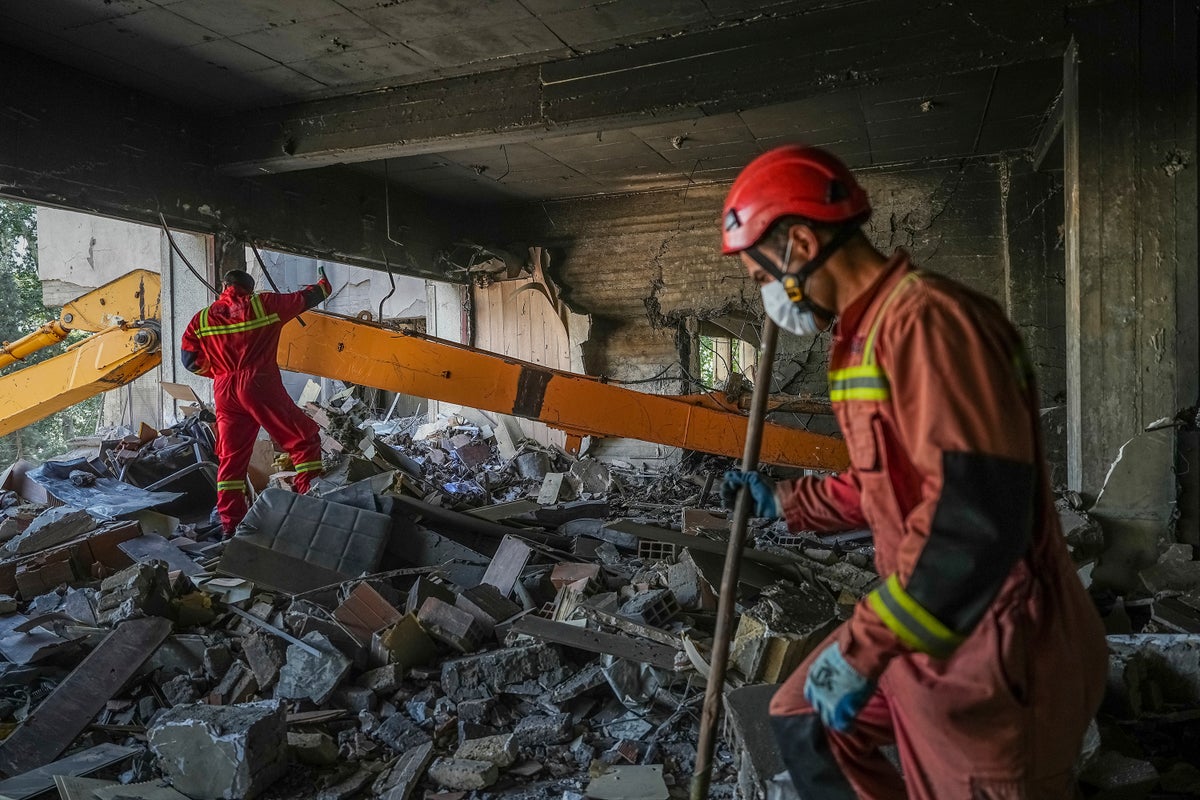Growing Calls for Pakistan to Rescind Trump’s Nobel Peace Prize Nomination
The controversial nomination of former U.S. President Donald Trump for the Nobel Peace Prize has ignited a political uproar in Pakistan. This nomination, backed by the Pakistani government, faces intense backlash from opposition leaders, activists, and civil society. Many view it as an act of "crass flattery" and a shameful affront to the country’s dignity, especially following Trump’s recent military actions against Iran.
Political Backlash in Pakistan
In the wake of Trump’s actions, which include aggressive military strikes against Iranian targets, Pakistani Prime Minister Shehbaz Sharif is under immense pressure to withdraw support for the nomination. Critics argue that endorsing Trump, especially given his administration’s perceived hostility towards Muslim-majority nations, goes against Pakistan’s diplomatic positions, particularly regarding the Palestinian cause and its alignment with Iran amidst its ongoing conflict with Israel.
Opposition Leaders Speak Out
Prominent opposition figures have taken to social media and public forums to express their outrage. They argue that endorsing Trump for a peace prize contradicts Pakistan’s historical support for peace in the region. Many feel that such a nomination could alienate Pakistan from its allies in the Middle East and damage its moral standing on international platforms.
Diplomatic Dilemma
The situation places Pakistan in a precarious diplomatic position. The nation has maintained a strong stance on issues affecting the Muslim world, especially the rights of Palestinians. By supporting Trump’s nomination, critics argue that Pakistan runs the risk of being perceived as complicit in his administration’s controversial policies, which often clash with its stated values. This misalignment raises significant questions about the direction of Pakistan’s foreign policy.
The Broader Context of U.S.-Iran Relations
Alongside these domestic controversies, the backdrop of U.S.-Iran relations draws broader implications. Trump’s military strikes against Iran have escalated existing tensions, making the concept of peace seem increasingly distant. Many experts believe that instead of fostering peace, such actions may drive Iran closer to pursuing nuclear capabilities, as the Islamic Republic feels threatened and seeks to bolster its defense mechanisms.
The Reaction from Civil Society
Civil society organizations have been particularly vocal in their condemnation, labeling the nomination as a betrayal. They emphasize the impact that such endorsements may have on grassroots movements advocating for peace and justice. Activists argue that peace prizes should be awarded to those who embody the ideals of diplomacy and conflict resolution—qualities they believe Trump severely lacks.
International Observations
The international community is watching closely. Observers note that Pakistan’s support for Trump, a figure known for his controversial foreign policies, could lead to repercussions in its relationships with other nations, especially those in the Gulf and beyond that prioritize solidarity with Palestine. This nomination could complicate existing alliances and alter the dynamics of Pakistan’s interactions on a global scale.
Ethos of the Nobel Prize
The essence of the Nobel Peace Prize, which aims to recognize genuine efforts toward peace, stands in stark contrast to the current situation. The nomination of a leader associated with military aggression raises questions about the very integrity of such recognitions. Critics posit that the Nobel Committee must reflect on the broader implications of awarding individuals whose actions often perpetuate conflict rather than resolve it.
Conclusion: Navigating the Political Landscape
In light of these developments, the Pakistani government’s position on this nomination could prove to be a pivotal moment in its political narrative. The increasing calls for the withdrawal of support underscore a growing sentiment among the populace and leadership alike to reassess the country’s alliances and commitments in precarious geopolitical landscapes.
As this situation continues to evolve, the implications for Pakistan’s international standing and moral authority remain significant, stirring a complex dialogue around diplomacy, peace, and national identity in the contemporary political arena.


